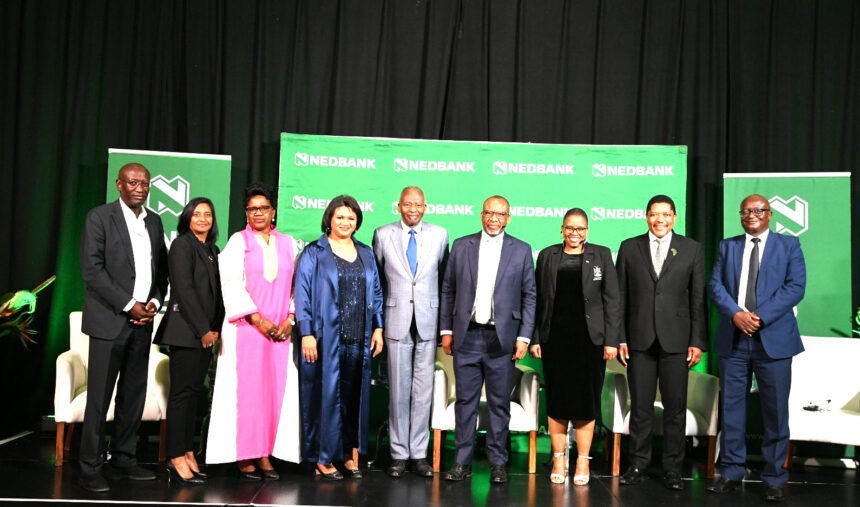Justice minister Yvonne Dausab has praised Namibia’s institutions, policies and legal arrangements, and said the country’s citizens should be proud of achievements.
However, she stated that the biggest challenge remains in the implementation.
“But in an election year, our preoccupation as political leaders is how we ensure a culture of service delivery where citizens have confidence in political leaders they elect because right now, for any political leader, what people want to hear is how are you going to make sure I have access to basic services and employment?. That should be our preoccupation,” said Dausab.
The minister made these remarks last week during a Nedbank Namibia client dinner, which focused on how politics influences economic decisions.
During the event,Dausab noted this is time to look at issues affecting the people. She said as with any political election, bread-and-butter issues inevitably come to the fore, and unavoidably have a huge impact on the electoral outcome.
The same, she said, is true for this year’s Presidential and National Assembly elections, in which Namibians’ dissatisfaction with the existing socio-economic environment could ultimately play a big role.
According to the Electoral Commission of Namibia preliminary statistics for general registration of voters from 3 June to 1 August 2024, a total of 1 467 604 Namibians registered to vote, both locally and at diplomatic missions abroad. This represents a turnout of 91% of eligible voters. Dausab also took issue with what she said were African countries failing to support each other. For this, she suggested countries across the continent should be recognised for delving into emerging sectors.
“Africa is now competing to get the world’s attention. Instead of us saying Namibia is doing good in green hydrogen development, why don’t we support each other.? But every country is selling itself,” she said.
During the Nedbank event, deputy executive director in the industrialisation and trade ministry, Michael Humavindu blasted regional integration policies, saying countries are sold the dream of vast customers without actually addressing the root causes of production challenges.
“The way we sell regional integration is not helping our country. Namibia has a very narrow product range, despite market access. We should rethink how we design our economic set-up. We are only saying new agreements have opened, and you can sell to many consumers. But not that you can go and buy inputs for production, duty-free, to increase country production,” he said.



